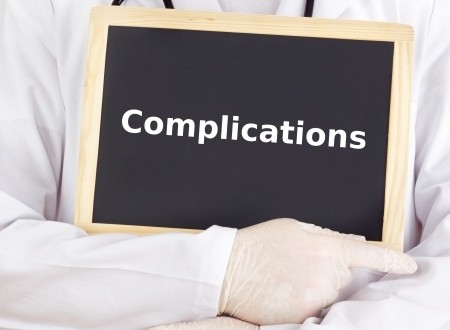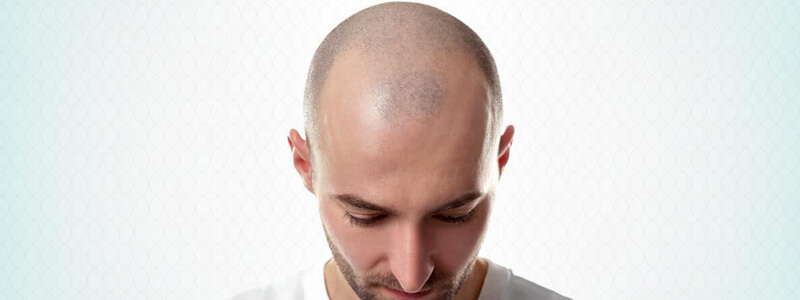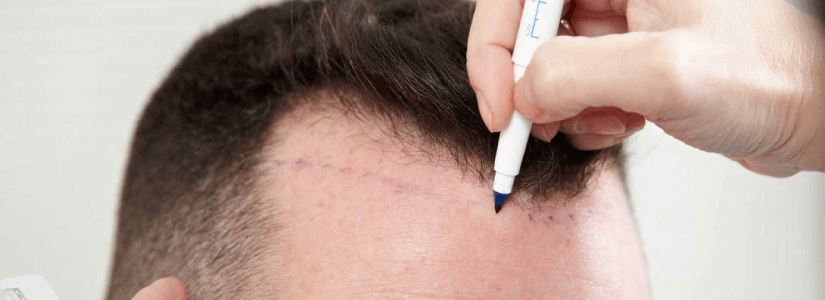Grafts Placement in Hair Transplantation
November 28, 2019

Hair Transplant surgery is a once in a lifetime kind of procedure that you would obviously do not want to undergo again and again. And to make sure that it is a once in a lifetime procedure, you need to prepare yourself in the best possible manner so that you don’t develop any unwanted complications that can affect the outcome of your surgery.
When performed by skilled hands in a facility equipped with state-of-the-art surgical equipment, hair transplant is a quite safe procedure. However, it is still a surgery that carries some risk of complications. The chance of developing risks and complications can be significantly minimized by following all the pre and post-procedural instructions. Listed below are the things that you must avoid before and after the surgery to ensure a smooth, uneventful recovery after hair transplant.
THINGS TO AVOID PRIOR TO THE SURGERY
Stop using blood thinners
You should stop taking blood thinners a week before the surgery and resume their consumption at least 3 days following the procedure. As the name suggests, blood thinners reduce viscosity of the blood, increasing your chances of bleeding during and after the surgery. Certain medications as well as various multivitamins and herbal supplements can all cause blood thinning. Blood thinners that you should avoid in the lead up to the hair transplant include aspirin and its products, Vitamin C, Vitamin B, Vitamin E and some herbal supplements. Even consuming citrus fruits with high content of Vitamin C also increases your risk of bleeding during surgery.
Do not smoke for at least two weeks before and after the surgery
Smoking not only hampers the healing process but can also hamper ideal hair growth, thus affecting the outcome of surgery big time. Nicotine causes the blood vessels to shrink, thus limiting the flow of blood to the scalp. It can also decrease the capacity of blood to carry oxygen to different parts of the body, which ultimately affects wound healing. If you are a smoker, quit smoking at least two weeks before the surgery and refrain from it for a couple of weeks after the transplant.
Stop consuming alcohol
Alcohol also affects the recovery process by slowing down the wound healing. Like smoking, alcohol consumption also hampers hair regrowth. So it is strongly recommended to stop consuming alcohol and alcoholic beverages at least a week before the transplant and also avoid it for 3 to 5 days following the procedure.
Avoiding caffeine on the day of the surgery
While you are advised to have breakfast as usual on the day of surgery, avoid coffee and other caffeinated drinks, as these may increase your risk of bleeding just like blood thinners.
WHAT NOT TO DO AFTER THE TRANSPLANT
Heavy exercise
You may be able to resume most of your nonstrenuous activities within 3 to 5 days following the hair transplant. However, heavy exercises and strenuous activities that may cause your body to sweat are strictly prohibited. Sweating in the scalp can lead to infection, which will ultimately hamper your healing process thus affecting the outcome of the surgery. Also avoid weight training for at least a couple of months, especially if you have undergone a FUT hair transplant.
Smoking for at least two weeks
As stated above nicotine in cigarettes hampers hair regrowth and wound healing by shrinking the blood vessels and affecting the blood’s ability to carry oxygen. Therefore, it is important that you refrain from smoking for a couple of weeks after the surgery as well.
Massaging the scalp for two to three weeks
Massaging the scalp after the surgery is strictly prohibited. Avoid touching your scalp for two to three weeks, let aside rubbing it for massage. Touching the scalp increases your risk of developing an infection, which is obviously not good for the freshly implanted hairs.
Forcing scabs out
Small crusts will form around each transplanted hair but avoiding scratching or picking at the scab. Let the scab come off at its own while shampooing the scalp. Forcing the scabs out will make the site infectious, thus delaying the healing process. This will also hamper hair regrowth.
If you are interested in getting a Hair Transplant in Dubai, visit Hair Transplant Dubai Clinic today and you will not be disappointed. We also offer free online consultations. Fill the consultation form below now and take your first step towards a new youthful you.
Dr. Cagatay Sezgin is a celebrity hair transplant surgeon with over 20 years of experience in hair transplantation and restoration. He is the First Turkish Board Surgeon to become a member of the International Society of Hair Restoration Surgery (ISHRS) and the Asian Association of Hair Transplant Surgeons (AAHRS). Moreover, he has the honor of becoming the first hair transplant surgeon in the world to perform hair, eyebrow, and beard transplantation all in one case and that too in a single session.

November 28, 2019

June 30, 2018